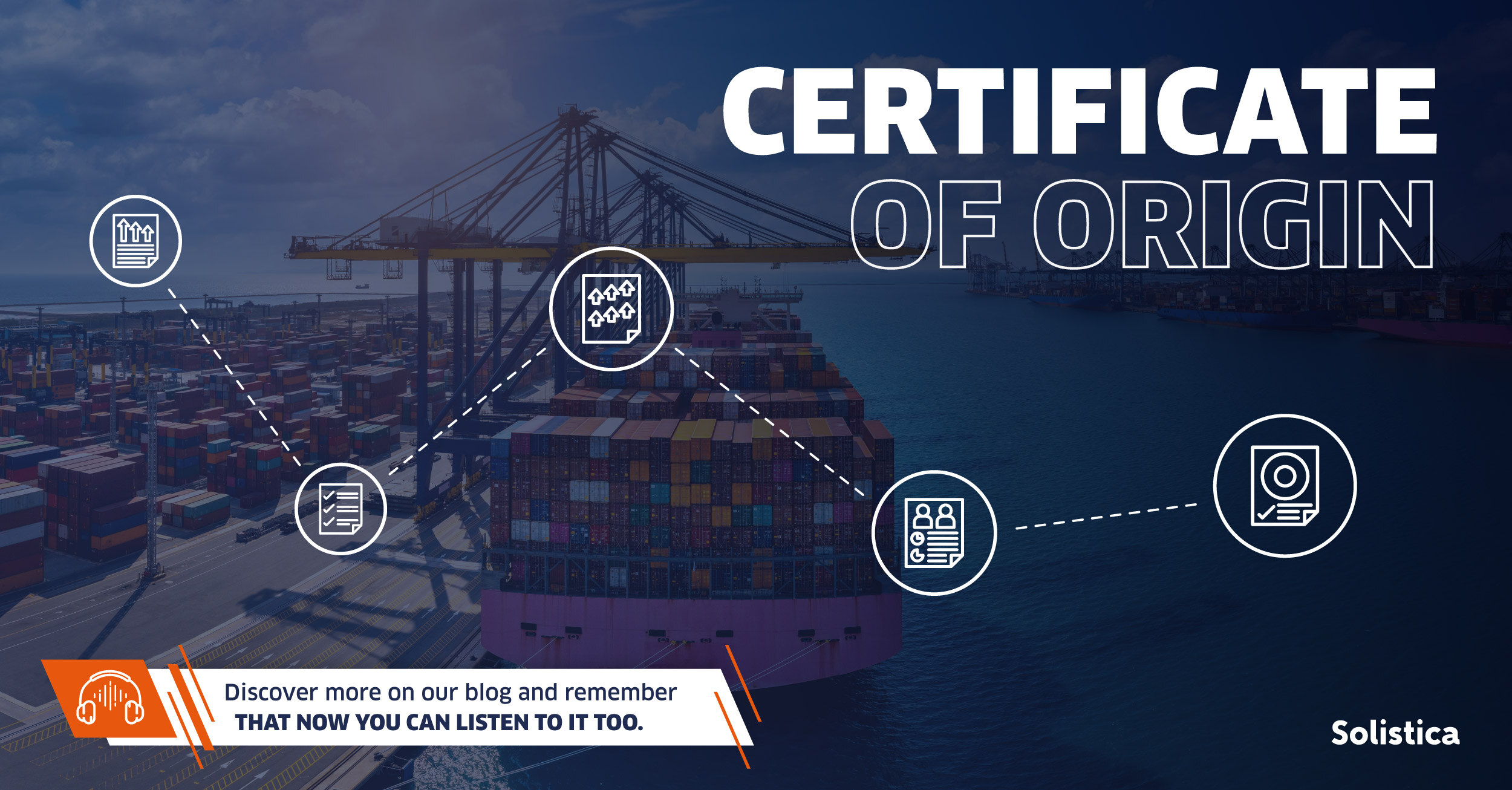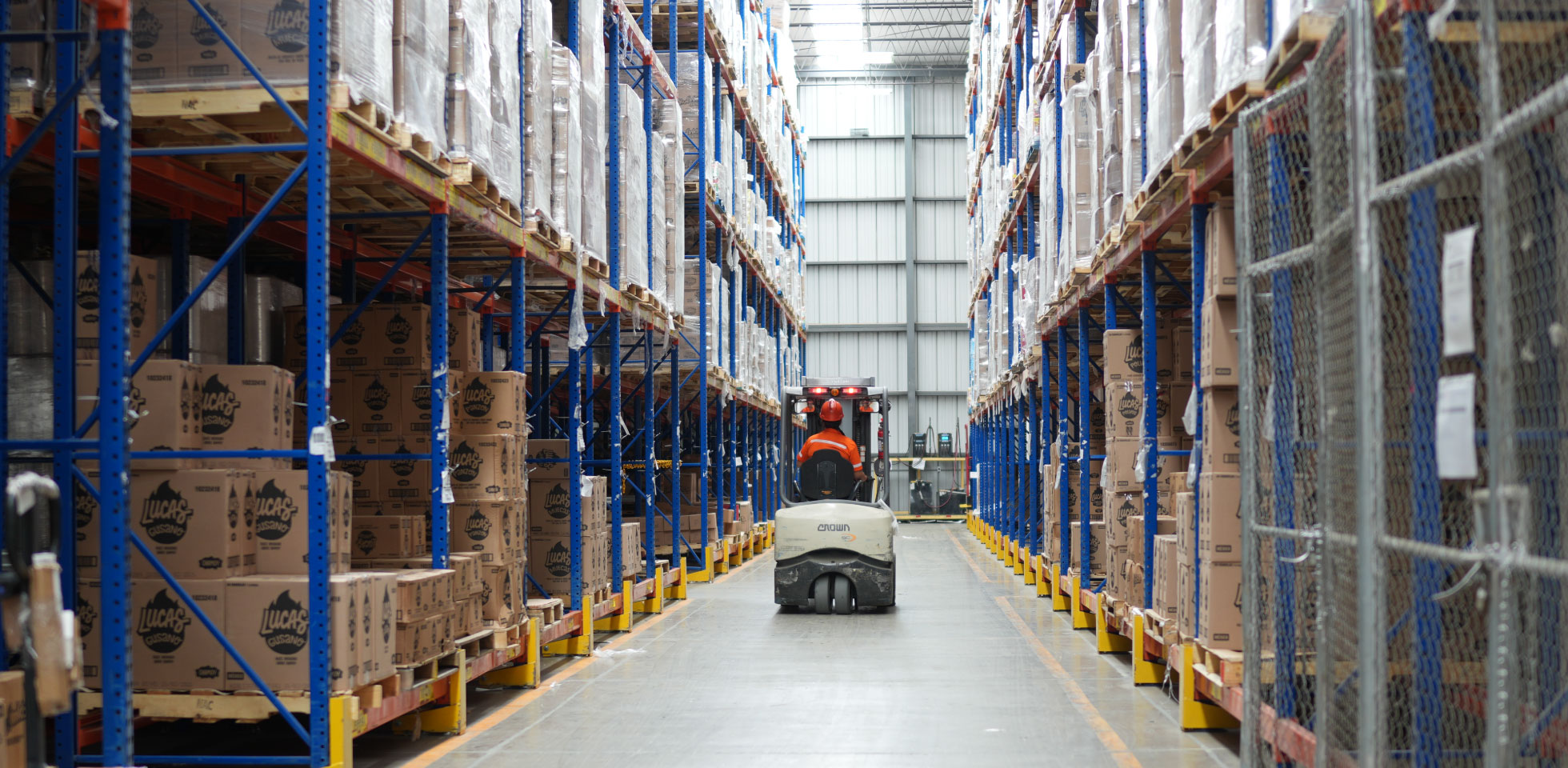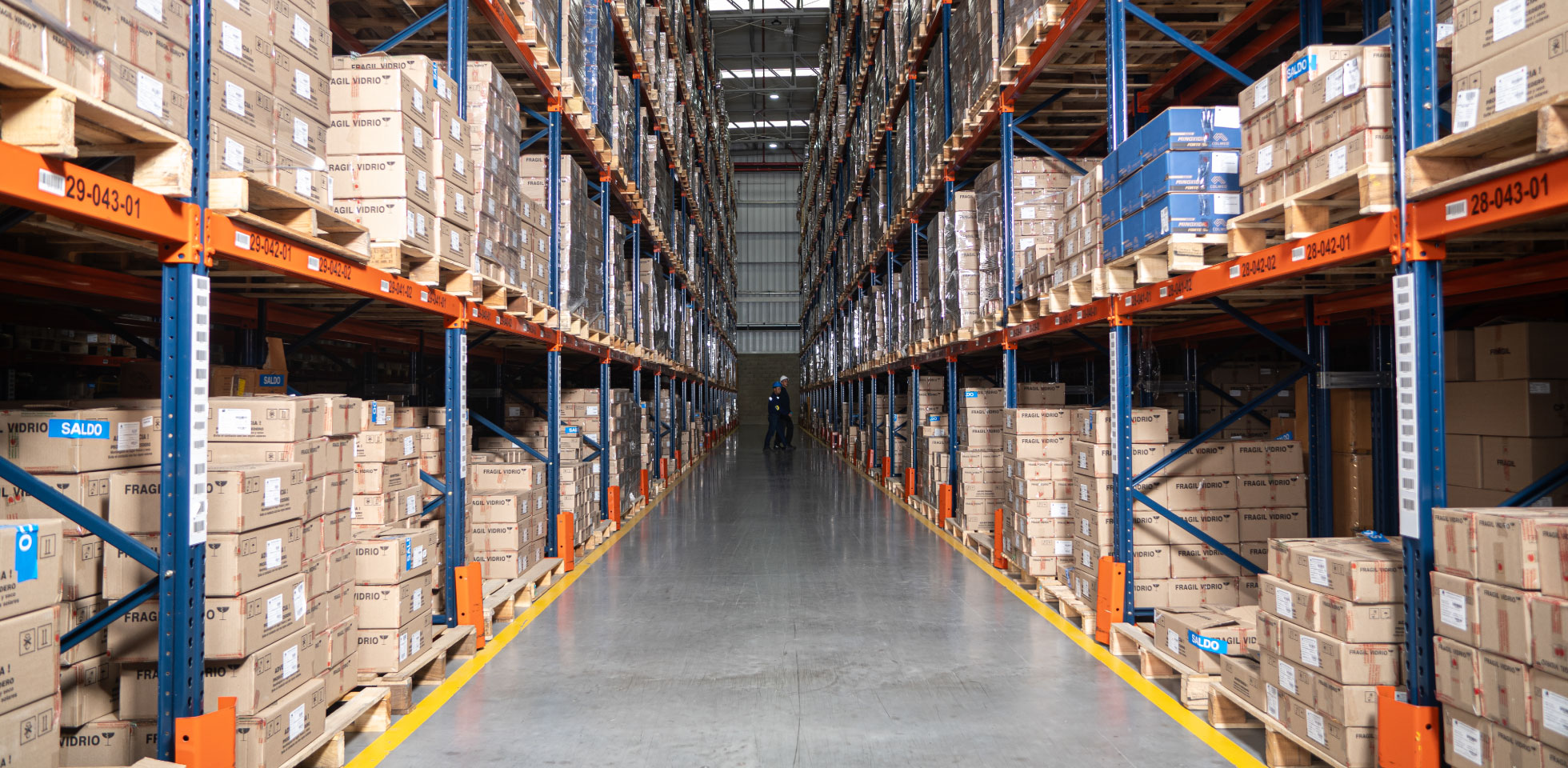In today's complex and interconnected system of cross-border trade, where economic borders are blurring and business opportunities are multiplying, there is one document that emerges as a cornerstone for the success of cross-border transactions: the Certificate of Origin. This seemingly simple instrument holds within itself the key to unlocking tariff benefits, guaranteeing product authenticity and facilitating the efficient flow of goods across international borders.
What is the Certificate of Origin?
The Certificate of Origin is an official document issued by an authorized entity that certifies the country of origin of a good. Far from being a mere bureaucratic formality, this certificate plays an indispensable role in the determination of customs duties and in the application of preferential trade agreements between nations.
The Certificate of Origin is established as a key document, being a fundamental pillar in logistics operations (Blog - Across Logistics). This document not only facilitates the efficient flow of goods across borders, but also ensures compliance with trade and tax regulations, allowing companies and consumers to benefit from the most favorable conditions in international trade.
Strategic Importance in International Logistics
The relevance of the Certificate of Origin in international logistics cannot be underestimated. This document is essential to:
- Facilitate efficient customs clearance
- Avoid costly delays in the supply chain
- Ensure regulatory compliance
- Optimize costs through access to preferential rates
- Increase transparency and traceability in the global supply chain.
The Certificate of Origin influences the cost of goods, the competitiveness of companies and the economy of a country as a whole (Article - Diario del exportador). This influence translates into tangible competitive advantages for companies that know how to take advantage of it.
Types of Certificates of Origin
There are several types of Certificates of Origin, each adapted to different needs and trade agreements:
- General Certificate of Origin
- Preferential Certificate of Origin
- Form A - Certificate of Origin GSP (Generalized System of Preferences)
- EUR1
- Electronic Certificate of Origin (e-CO)
The choice of the correct type of certificate will depend on the trade agreements in place between the exporting and importing country, as well as the specific nature of the trade transaction. (Blog - Across Logistics)
Benefits of the Certificate of Origin in Cross-Border Trade
The benefits of a Certificate of Origin are numerous and significant:
- Reduction or elimination of tariffs
- Access to preferential markets
- Increasing the competitiveness of products in foreign markets.
- Preventing unfair trade practices
- Building trust between trading partners
By presenting such a certificate, organizations can take advantage of these agreements to reduce or eliminate tariff barriers, which means improving the competitiveness of products in the foreign market. (Article - Esic)
Process of Obtaining a Certificate of Origin
Obtaining a Certificate of Origin involves a meticulous process that generally includes the following steps:
- Determination of the type of certificate needed
- Preparation of the required documentation
- Application to the corresponding entity
- Verification and approval by the competent authority
- Issuance of the certificate
It is necessary for exporting companies to comply with the established criteria and provide accurate information to avoid complications at destination customs.
The Role of Logistics Operators in Certificate of Origin Management
In the sophisticated web of interactions that make up global trade, logistics operators play a key role in the efficient management of Certificates of Origin. These specialized companies facilitate the transportation and storage of goods, as well as offer valuable support in navigating the intricate documentary and customs processes.
Solistica: Your Strategic Partner in International Logistics
In this context, Solistica stands out as a trusted strategic partner for companies seeking to optimize their international trade operations. With a particular focus on Latin America as a key region for exports to the United States, Solistica offers a comprehensive set of services that go beyond simple freight forwarding.
Solistica's flexibility and ability to adapt to the specific needs of each client is reflected in its wide range of integrated services:
- Warehousing and distribution
- Cross-dock logistics
- Border transfer and customs in both directions
- Domestic distribution in the USA
- Ocean Freight
- Last Mile
- Intermodal Solutions
These services are complemented by comprehensive 3PL (Third-Party Logistics) solutions, which enable companies to efficiently outsource their logistics operations.
The benefits of collaborating with Solistica in international logistics are numerous:
- Ease of moving goods between Latin America and the U.S.
- Access to a strategic partner with extensive experience and market knowledge
- An extensive network of carrier partners in the region
- Constant communication with the customer at every stage of the process, including:
- Customs brokerage
- Advice on country regulations
- Assurance of compliance with trade agreements
- Import/export documentation management
5. Comprehensive risk management to protect clients' assets and trading capabilities. (Blog- Anana gold consulting)
Having a partner like Solistica can be the key to unlocking the full potential of your business in global markets.
Find out how Solistica can help you optimize your cross-border trade operations and take full advantage of the benefits of Certificates of Origin.






